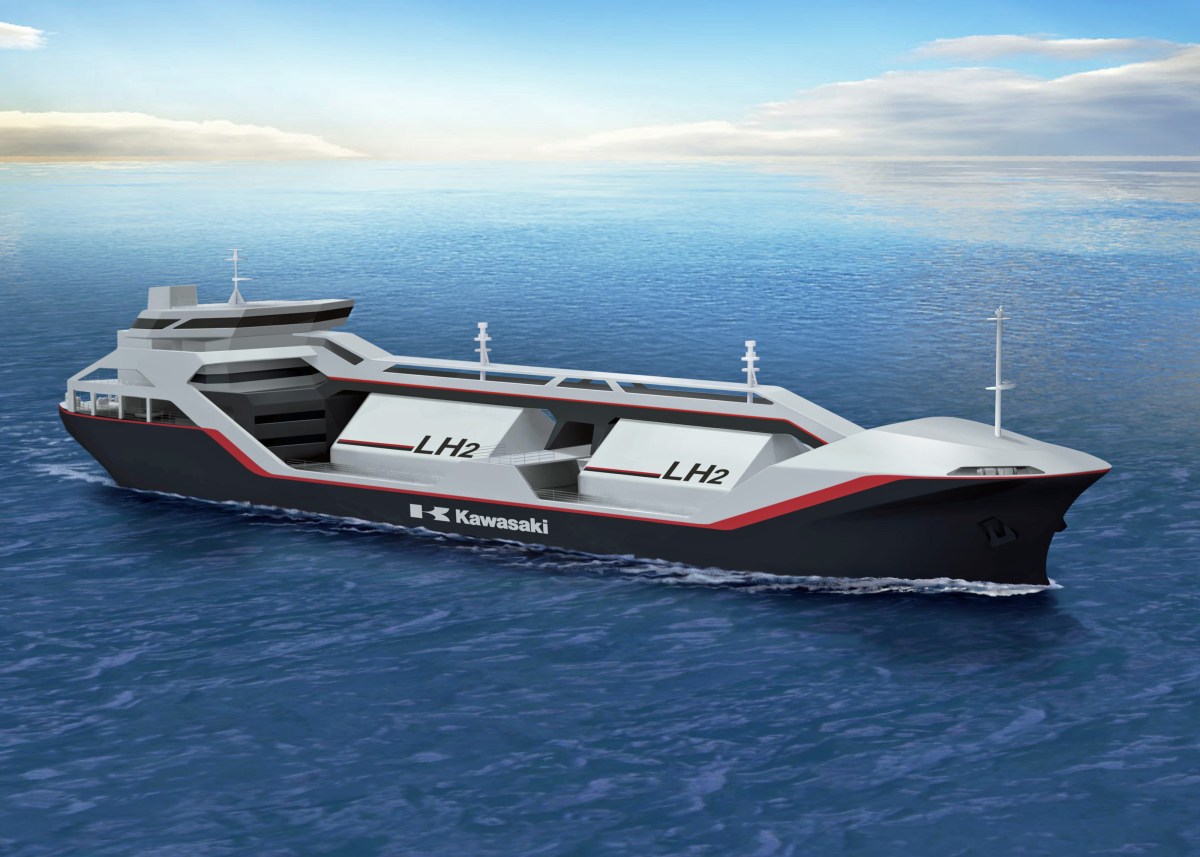
(www.MaritimeCyprus.com) The transportation of hydrogen, a key fuel of the energy transition in maritime, is another step closer to supporting projected market demands thanks to newly published industry-leading requirements from ABS.
The ABS Requirements for Liquefied Hydrogen Carriers address safety and technical standards for vessels carrying liquefied hydrogen, expanding on the corresponding IMO Resolution MSC.420(97) that was adopted in November 2016. The ABS publication provides further support on criteria such as risk assessment, novel concepts, new technology qualification, cargo containment, pressure piping systems, ventilation and fire protection among others.
“The marine industry has increased its interest in the use and transport of hydrogen due to its properties as a zero-emission fuel and the ability to produce hydrogen from renewable and sustainable sources. This publication is the latest in ABS’ support of the hydrogen value chain, providing much-needed detail for new and existing liquefied hydrogen carriers in order to minimize risks to the vessel, crew and environment,” said Gareth Burton, ABS Vice President, Technology.
Introduction
International regulations pertaining to ships engaged in the safe carriage of liquefied gases in bulk are covered by IMO Resolution MSC.370(93) Amendments to the International Code for the Construction and Equipment of Ships Carrying Liquefied Gases in Bulk (IGC Code). The IGC Code has been incorporated along with ABS requirements into Part 5C, Chapter 8 of the ABS Rules for Building and Classing Marine Vessels (Marine Vessel Rules).
Hydrogen is not included among the list of products with specified minimum requirements in Chapter 19 of the IGC Code. Instead, hydrogen is subject to the requirements of paragraph 1.1.6.1 of the IGC Code:
Where it is proposed to carry products that may be considered to come within the scope of this Code that are not at present designated in chapter 19, the Administration and the port Administrations involved in such carriage shall establish a Tripartite Agreement based on a provisional assessment and lay down preliminary suitable conditions of carriage based on the principles of the Code.
The IMO also adopted Resolution MSC.420(97) Interim Recommendations for Carriage of Liquefied Hydrogen in Bulk on 25 November 2016. The Interim Recommendations contain provisional recommendations for the carriage of liquefied hydrogen which are intended to lay the groundwork for future minimum or special requirements for the carriage of liquefied hydrogen, as per the process outlined in Paragraph 5 of the preamble of the IGC Code. The Interim Recommendations were developed with the assumption that liquefied hydrogen carriers will not be used to carry other cargos, and thus the recommendations are not applicable to vessels engaged in such practices.
Scope
These Requirements are based on the special requirements provided by IMO Resolution MSC.420(97) Interim Recommendations for Carriage of Liquefied Hydrogen in Bulk. These Requirements are to be applied to both new construction and existing vessel conversions, regardless of size, engaged in the carriage of liquefied hydrogen in bulk. The Requirements contained herein provide Classification criteria for the arrangements, construction, installation and survey of machinery, equipment and systems for vessels engaged in the carriage of liquefied hydrogen in order to minimize risks to the vessel, crew and environment.
For more information, download the Requirements for Liquefied Hydrogen Carriers, by clicking below:
Source: ABS
For more Maritime resources and Guides, click HERE















